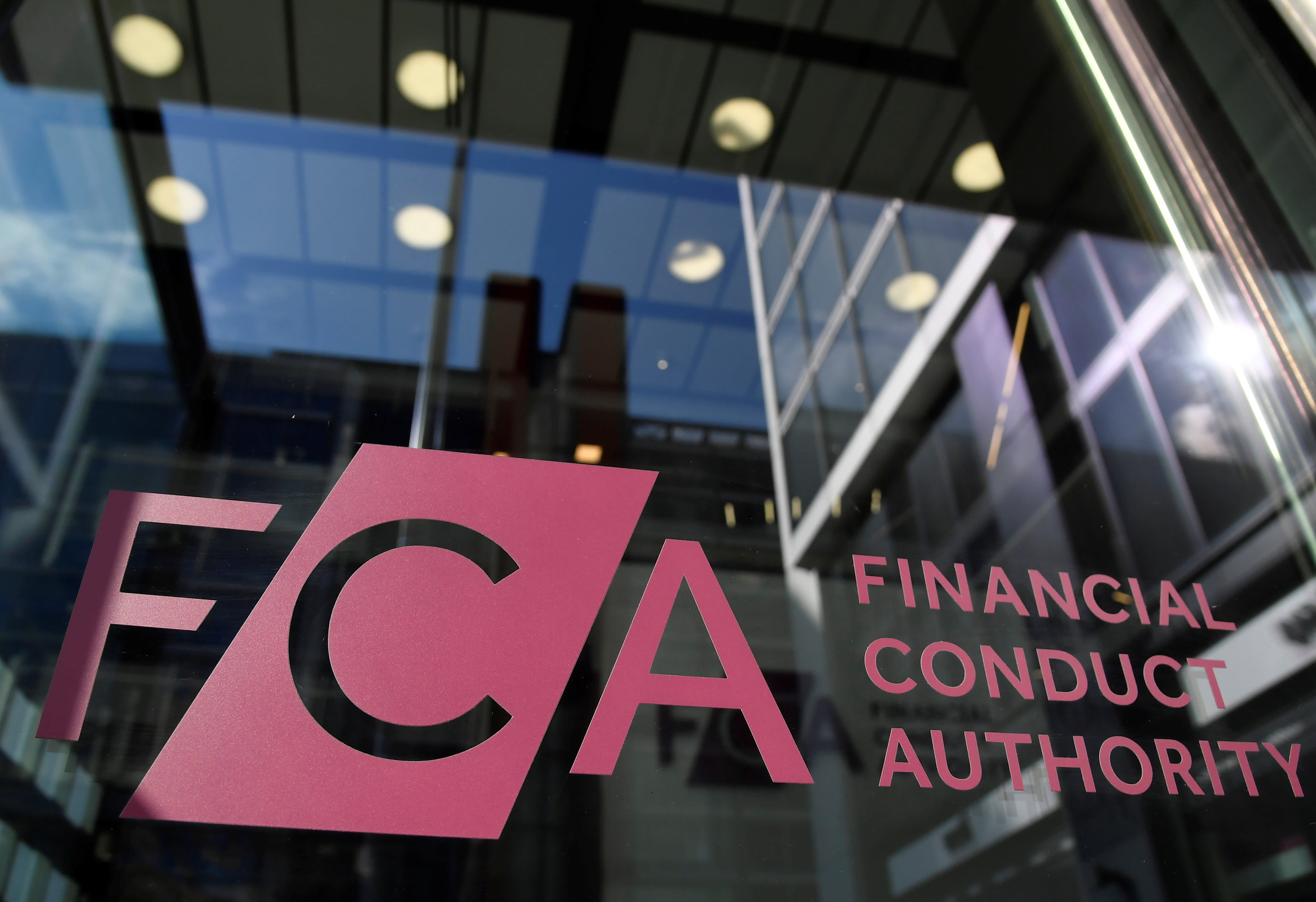
Financial Conduct Authority research into the proliferation and process of crowdfunding platforms has been taken up a notch after it joined forces with the University of Cambridge's Judge Business School.
The Cambridge Centre for Alternative Finance (CAAF) at Judge is to work with the City regulator on a programme of research on equity crowdfunding and peer-to-peer lending platforms.
The research aims to identify any changes in the nature of the industry, the expectations of its clients, and its place in the financial services landscape.
According to Robert Wardrop, executive director at CAAF, the joint research will focus on:
- What the crowdfunding investor population really looks like and how it is changing
- How investors on the platforms assess risks, and how they use the information provided to them by fundraisers
- What types of investments crowdfunding firms are competing with for investors’ money – and how they compare in terms of risks and returns
- How platforms and investors share the burden of due diligence and whether an expectation gap exists between the two sides.
He said the joint research is expected to collect and analyse data from investor and fundraiser surveys, qualitative interviews and crowdfunding platforms’ transactional databases.
The first outputs from this work will inform the FCA’s ongoing post-implementation review of crowdfunding regulation, which the regulator announced in 2015, with its review of the regulatory regime for crowdfunding.
The post-implementation review is considering whether the current regime continues to deal adequately with the risks to consumers or whether the FCA’s rules need to be changed to reflect market developments.
In July 2016, the FCA published a call for input on crowdfunding rules, which is now closed for submissions.
On its website the FCA warns crowdfunding investments are not covered by the Financial Services Compensation Scheme (FSCS), and investors may not always be able to cash it in quickly or for as much money as they paid.
It added that loan-based crowdfunding is higher risk than holding money on deposit, with investors potentially lose some or all of the money that they invest.
Mr Wardrop added: "It is our great pleasure to partner with the FCA in this joint thought leadership programme and provide independent academic evidence to support its post-implementation review of crowdfunding regulations.
"Since inception, the Centre has striven to work with regulators and policymakers around the world to further our understanding of crowdfunding and other forms of online alternative finance, in turn, to inform evidence-based policymaking and regulation.
"We look forward to collaborating with the FCA very closely in the coming months to systematically collect market data, gather crowdfunding user feedback and undertake policy-related analysis.”
Two years ago, in 2014, new rules came into force for the regulation of crowdfunding and peer-to-peer lending platforms operated by FCA-authorised firms.
At the time, the City watchdog committed to carrying out a full post-implementation review of the crowdfunding market and regulatory framework in 2016 to identify whether further changes are required.






